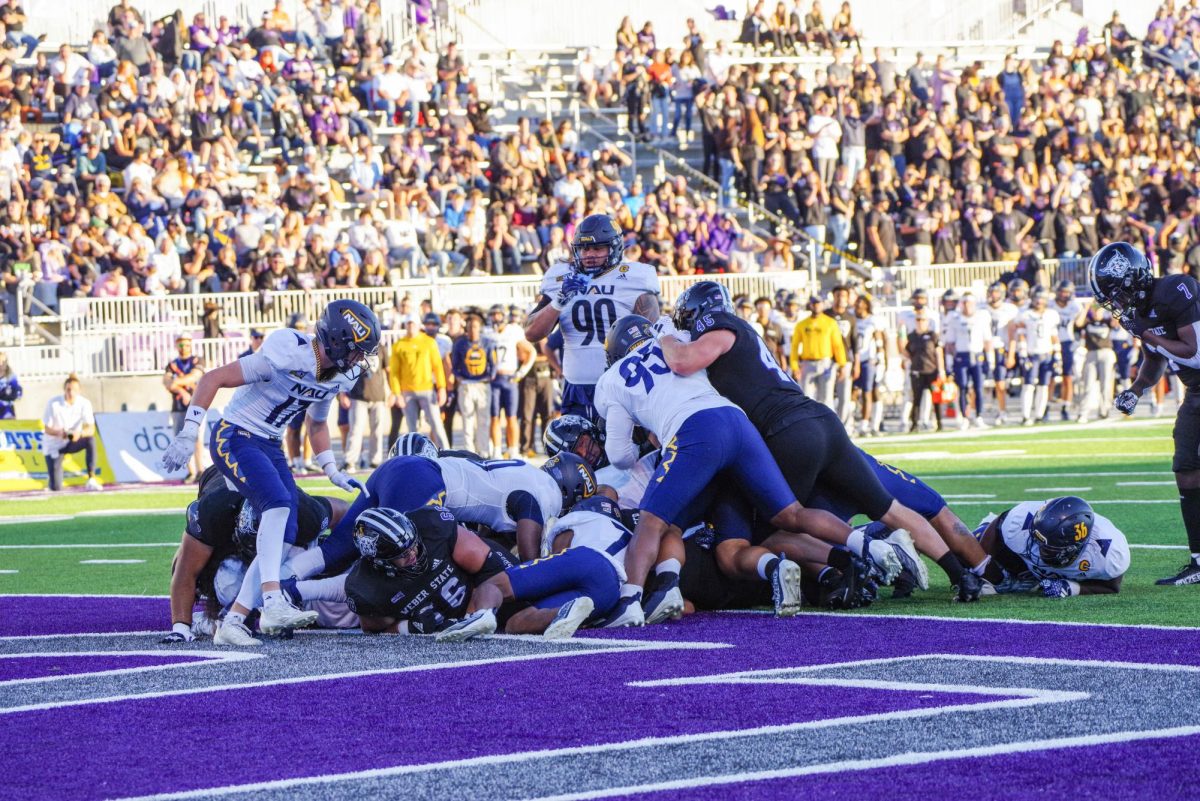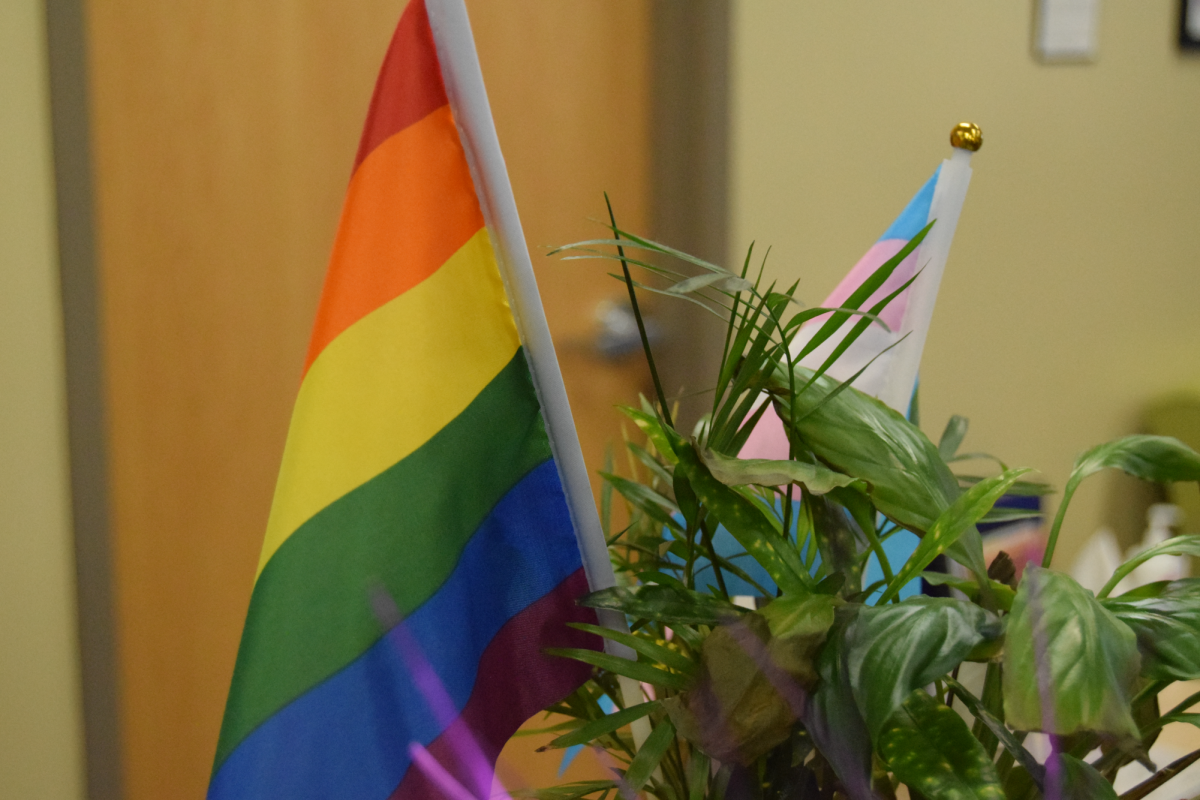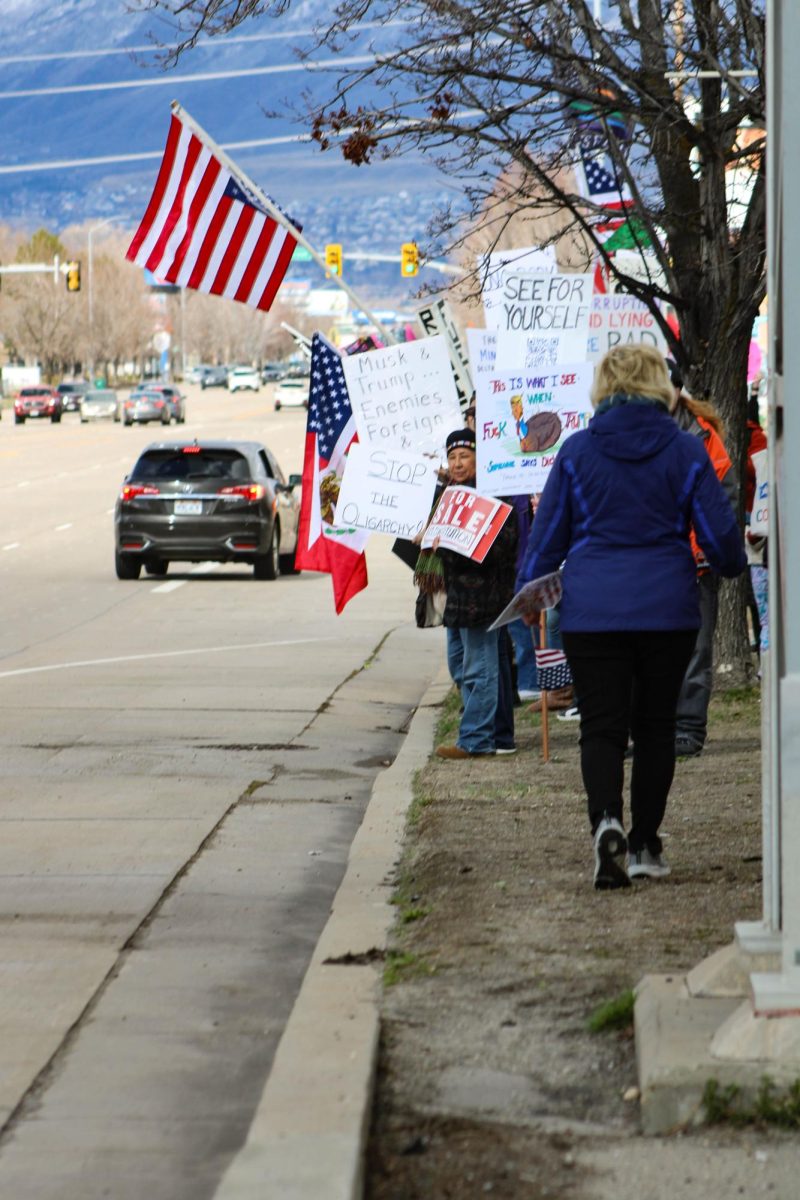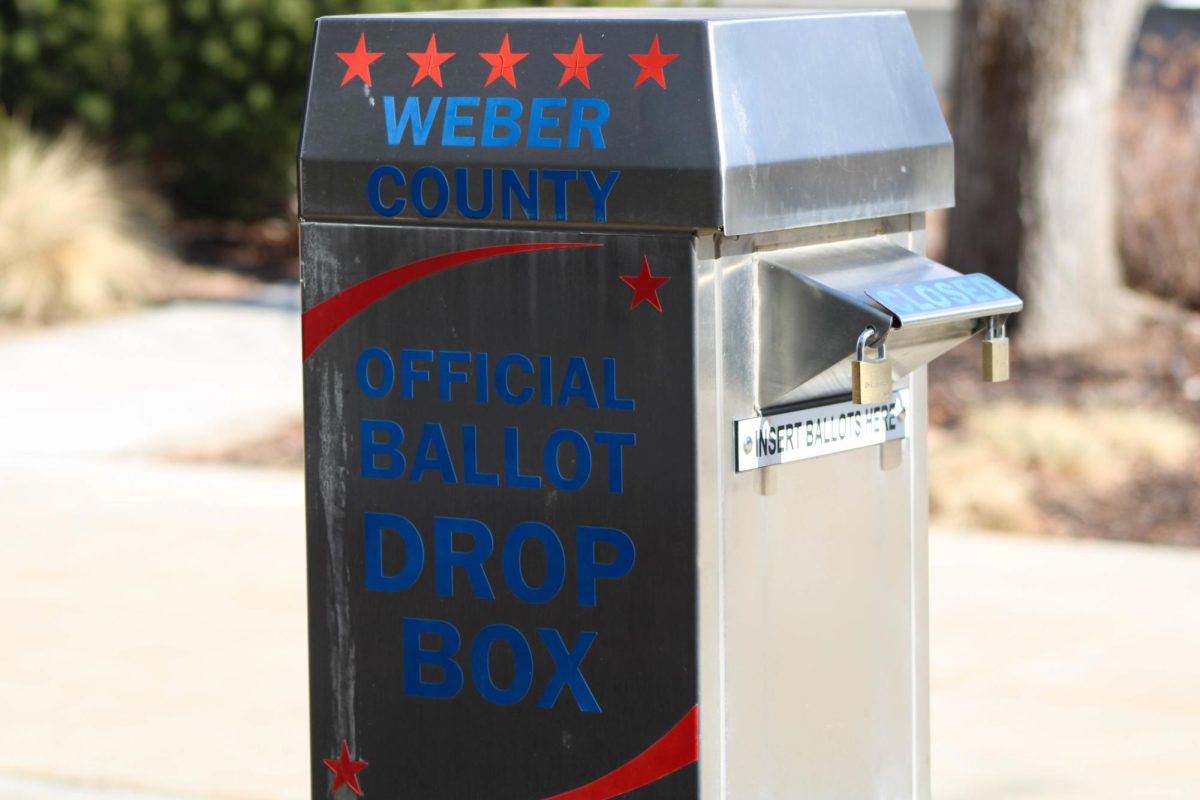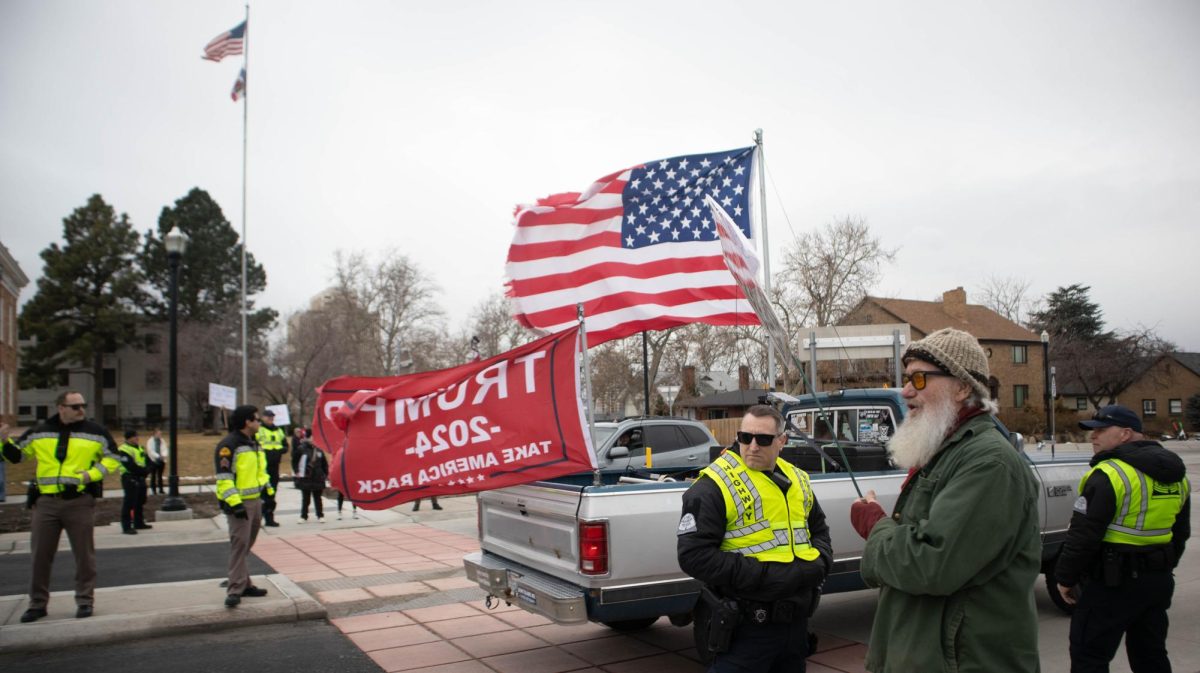
I don’t know of a single resource I use more than the Internet, and I think that’s probably true for most college students. All of my homework and even a few classes are online. While a lot of my time on the internet is spent doing homework, let’s be real; the other half of my time online is spent avoiding homework.
Recently there’s been some problems with the Internet in Congress. No, it’s not that one senator or another is having a hard time downloading the latest episode of “Supernatural,” but there’s been some contention about how to regulate the Internet that will impact everyone who uses the World Wide Web.
Back in the early 2000s, the Federal Communications Commission (FCC) changed the way Internet service providers (ISPs) were classified. Because of this, ISPs now had more freedom to run their service as a business and less like a utility. After several years and looking into a few suspicious cases, the FCC realized that ISPs were doing some sneaky things like limiting bandwidth to specific websites like Netflix.
At about the same time, the term “net neutrality” was coined by Columbia University Professor Tim Wu and President Obama was running his first presidential election. Net neutrality grew to encompass not just broadband throttling as mentioned before, but a whole slew of problems related to the Internet.
Just a few of the problems were broadband throttling, which makes certain websites or certain types of content download slowly, unlawful blocking of lawful content and a paid prioritization of content, which is basically the opposite of throttling in that a business can pay an ISP a certain amount of money to make their website download faster than others.
During his campaign and his first year as president of the United States, Obama spoke in favor of strong net neutrality legislation. In May 2010, the FCC issued some new rules that would rein the ISPs and telecommunications companies back in. Shortly thereafter, Verizon brought a suit against the FCC saying they didn’t have the power to make or enforce the new rulings. To be sure, an appellate judge said the FCC didn’t have the right to be doing what they were doing and overturned two thirds of the new FCC rules.
A little over a month ago, the FCC voted in some new rules that basically do the same thing the 2010 rules would do, but under different legislation so they would have power to make and keep these rules. The new rules re-categorized ISPs, so now they have to function similarly to utility companies.
Before the new rules were even on the books, two companies, Alamo Broadband and USTelecom, filed suits against the FCC, claiming the rulings should be overturned.
As college students it may not feel like we can do much to influence governmental problems like net neutrality. However, there is much we can do to help the president and our elected officials know how we feel, which helps to influence their decisions. While it might be in vogue to be apathetic towards government and all things political, this is one issue that students should stand up and be heard about. We are the rising, digital generation. Unless we want to be paying more for slower Internet access and lining the pockets of big telecommunication companies like Verizon and Comcast, it’s time we stand up and be heard by the big wigs in Washington.
Now I know it’s not always feasible to go to the state capital or Washington and march in rallies or personally lobby congressmen and women, but at the same time there’s so much students can do that helps their opinions be heard without taking too much time. Write your elected official, (if you live in Ogden or northern Utah, it’s Rob Bishop), sign a petition or support cause groups through social media.
One of the big ways citizens got President Obama’s attention about net neutrality was through a White House petition forum called “We the People.” Because of this site, President Obama posted a video and gave speeches encouraging the kind of tough rulings Americans expressed that they wanted on the We the People forum.
No matter what it is you do, like a political cause on Facebook, write a letter to Rob Bishop or become a lobbyist, the point is we can’t sit by and let old men in Washington make all the important decisions for us, especially with important and life-changing issues like net neutrality.







